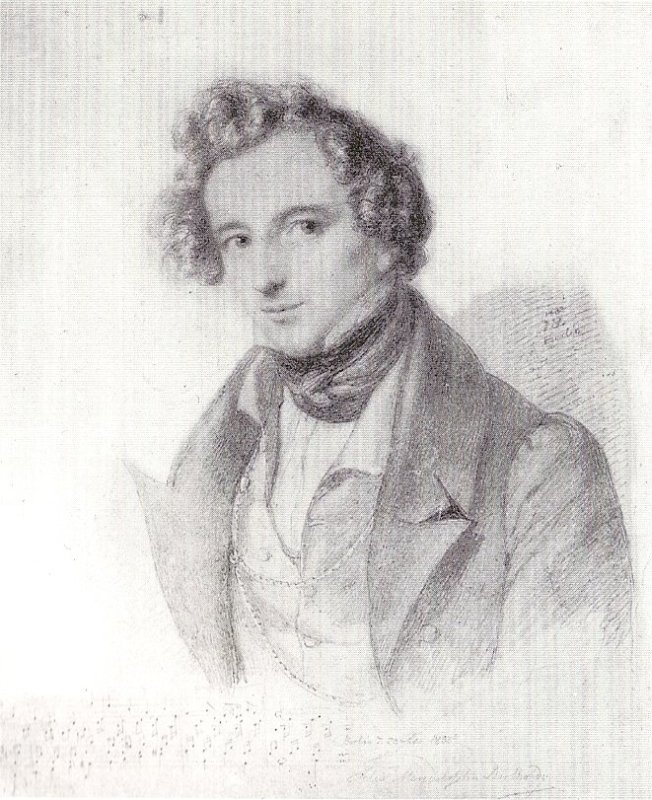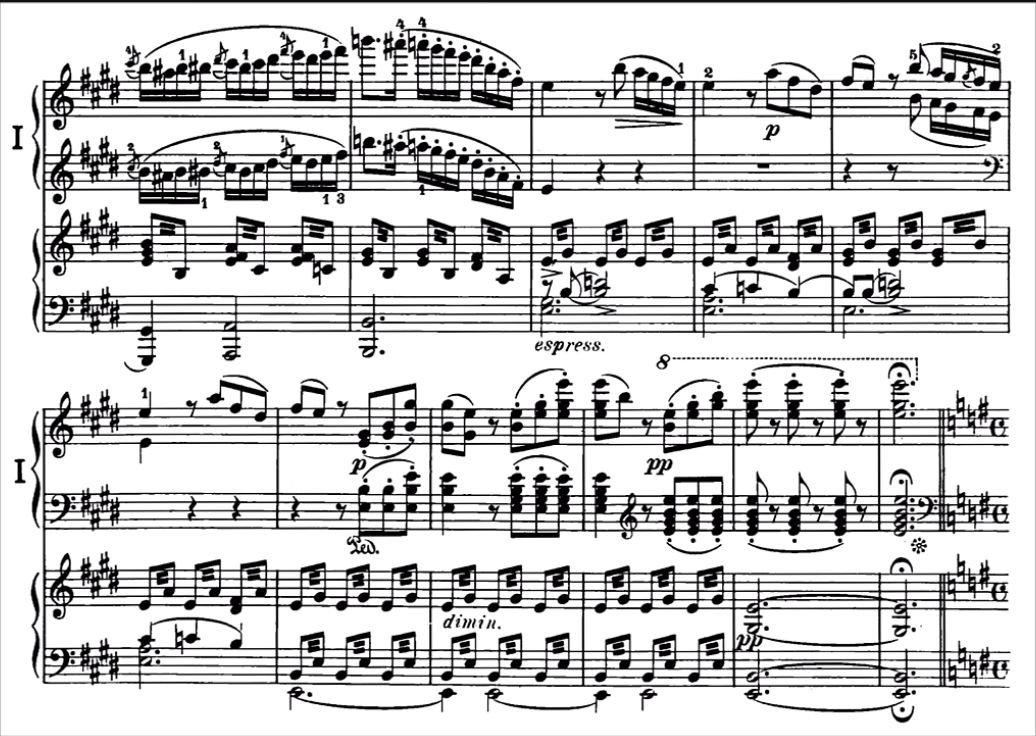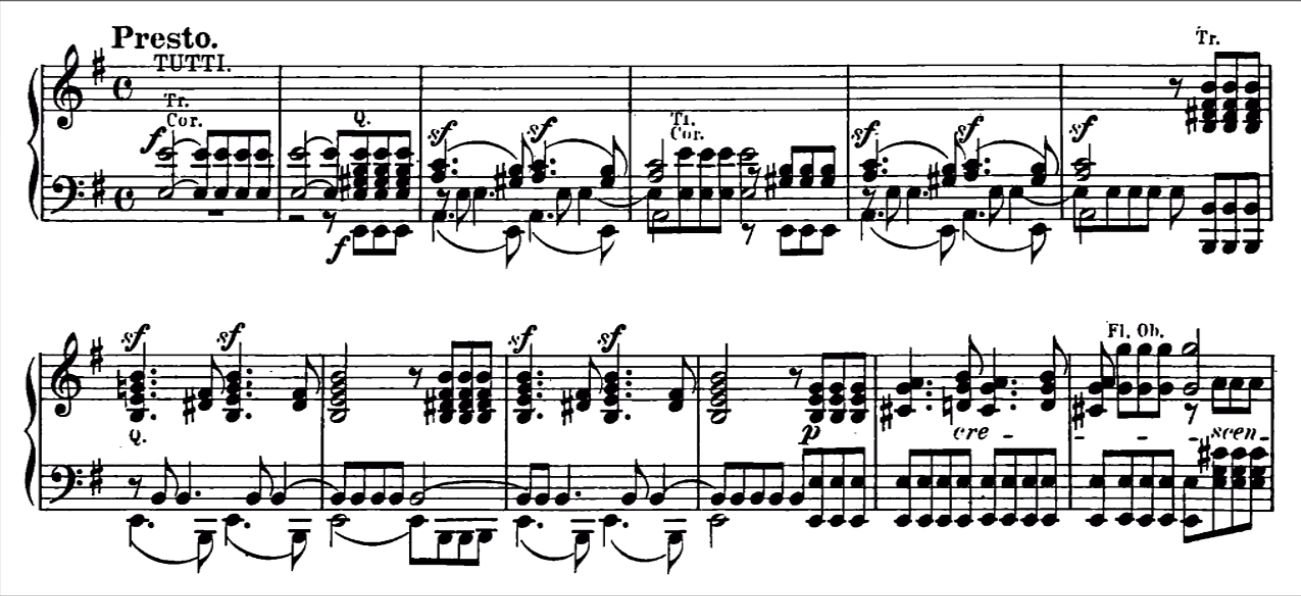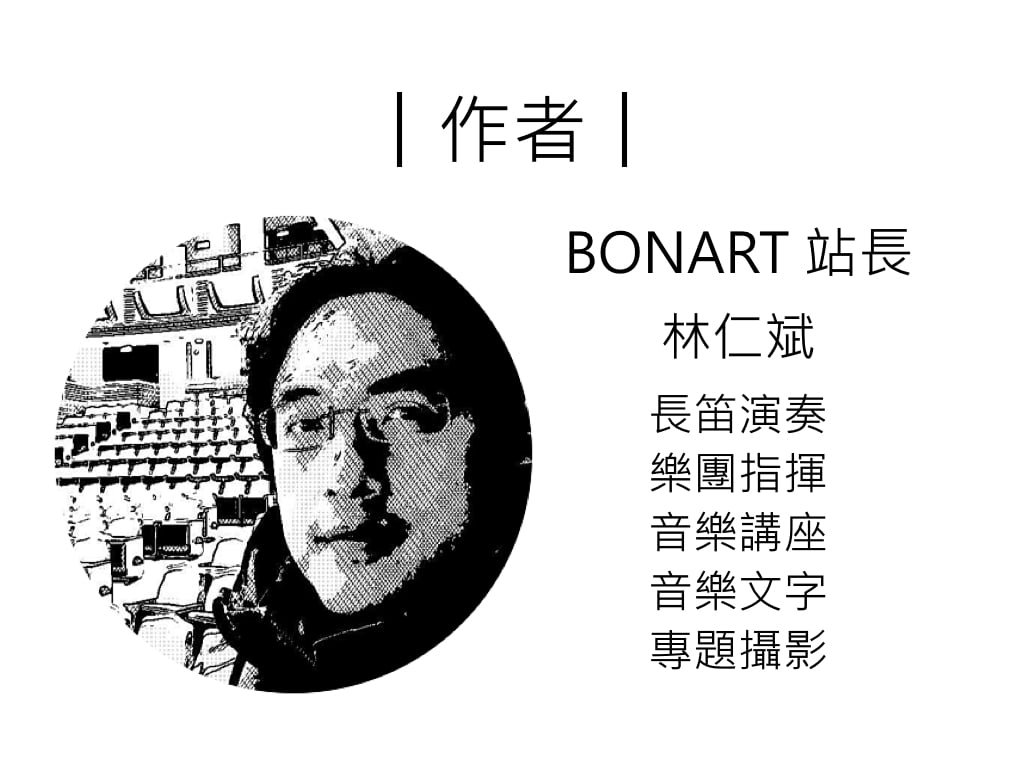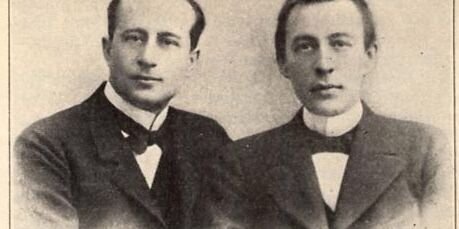【BON音樂】孟德爾頌:第一號g小調鋼琴協奏曲
Mendelssohn: Piano Concerto No.1 in g minor
– 資訊整理共享於網路,一起欣賞音樂與藝術之美 –
蹦藝術 | BONART
作曲家簡介
孟德爾頌生平
1833年由畫家Eduard Bendemann所繪製的孟德爾頌肖像,第一號鋼琴協奏曲創作於1830-31年間。
第一號鋼琴協奏曲
| 作曲時間 | 1831年10月 |
| 出版時間 | 1832年 |
| 首演時間 | 1831年10月17日於慕尼黑
孟德爾頌本人擔任鋼琴獨奏者 |
| 演奏時間 | 20分鐘 |
雙十年華的精彩創意
孟德爾頌的音樂創作非常早熟且才華橫溢,十幾歲就開始創作交響曲的他,在21歲至29歲間,共創作了五首鋼琴和管弦樂作品。第一號鋼琴協奏曲為孟德爾頌訪問德國慕尼黑期間所創作,首演非常成功,後續孟德爾頌也經常演奏此曲。
不過,此曲也音樂史上最成功的記錄,卻須歸功於李斯特在李斯特在巴黎的演出。
第一號鋼琴協奏曲擁有快速而火熱的氛圍,始於管弦樂團的上行半音階漸強。 鋼琴以明確的雙手八度音階進入,這些八度音階亦奏出主要主題。
樂團承接了主題並加以發展,之後鋼琴保持活躍與炫技,音樂漸漸發展至抒情的第二主題。
整個樂章充滿青春的激情與濃烈的情緒,第一樂章以非傳統,鋼琴Cadenza歌唱樂句,不間斷的連續方式迎向第二樂章:
第二樂章E大調行板,僅90小節,為歌曲結構,樂曲風格溫柔而帶著近乎憂鬱之情緒
在樂章結尾,一切最終消失在寂靜中時,樂團分解和弦伴奏之下,鋼琴漸漸上行,將音樂再次連續不斷地帶入第三樂章:
第三樂章曲速標示為急板(Presto),再次轉為急速的熱烈的情緒
這個樂章有兩個相當有意思的地方,其一是樂章剛開始時,孟德爾頌在長音之後,以「三短一長」的動機連續演奏,像極了貝多芬愛用的動機:
其二是樂曲結束前,如同「人生走馬燈」一般,孟德爾頌引用了第一樂章之抒情第二主題,像似驀然回首,那人卻在燈火闌珊處~非常有意思:
第一樂章的抒情第二主題:
第三樂章結束前的主題回顧
全曲為三樂章架構
00:00 – Mvt 1, Molto allegro con fuoco
06:50 – Mvt 2, Andante
13:33 – Mvt 3, Presto*
各樂章曲式架構
第一樂章.奏鳴曲快板曲式
| 呈示部 00:00 | 00:00 – After a surprisingly short tutti, Theme (Group) 1 enters
01:45 – Theme 2, which is surprisingly free-ranging in key. At 2:46 Theme 1 interrupts, before Theme 2 returns at 2:57 with flowing semiquaver accompaniment 03:22 – Transition |
| 發展部 03:47 | 03:47 – T.1 by orchestra, with piano accompaniment
04:05 – T.2 04:11 – T.2 diverted and compressed, with T.1 passingly in orchestra |
| 再現部 04:20 | 04:20 – Tutti, (T.1) now extended
04:44 – T.2 04:56 – T.2, in minor, with semiquaver accompaniment 05:02 – This sounds like it should lead to the ending, but… 05:27 – Extended pianistic pyrotechnics (based on T.1’s rhythm) lead into a statement of T.1 in LH, and then to the |
| 尾聲 05:40 | 05:40 – T.1 and then T.2 (minor, at 5:52) stated forcefully by the orchestra
06:03 – What appears to be the closing cadence is suddenly interrupted by a G maj chord, which wanders (with B as pivot note) into E min 06:20 – A brief cadenza leads directly into |
絕美的第二樂章.盡訴衷腸
| 前奏 06:50 | 06:50 – Brief introduction |
| A段 07:03 | 07:03 – A Section, with long cadential theme at 9:30 which slips almost imperceptibly into the |
| B段 09:46 | 09:46 – B Section. Note its harmonically exploratory nature. The passage beginning at 10:00 is one of the most beautiful in the concerto repertoire |
| A’段 11:29 | 11:29 – A Section. The melody returns, now with more elaborate pianistic accompaniment. At the melody’s repeat the piano states it simply. |
| 結束句 12:49 | 12:49 – Cadential theme and close |
精彩炫技的第三樂章
| 前奏 13:33 | 13:33 – Introduction. Note how this recalls the false closing cadence of the opening movement, as well as the opening tutti |
| 主題 14:23 | 14:23 – Theme |
| 第一插入句 15:00 | 15:00 – Episode 1 (very ear-wormish, this material!) |
| 主題 16:12 | 16:12 – Theme |
| 第二插入句 16:36 | 16:36 – Episode 2 |
| 主題 16:49 | 16:49 – Theme (with some development at 17:00) |
| 17:13 第三插入句 | 17:13 – Episode 3, in sparkling dialogue between piano and orchestra (with developmental elements, such as minor section at 17:31) |
| 17:40 主題 | 17:40 – Theme. At 17:49, interruption from orchestra with T.1 from first movement |
| 18:03 第一樂章第二主題引用 | 18:03 – Quotation of T.2 from first movement |
| 18:16 尾聲 | 18:16 – CODA. At 18:42 quotation from Episodic Theme, at 19:09 from T.1 of first movement, and at 19:23 from the head of the rondo’s theme. |
開卷蹦藝術.享受美好閱讀時光
☕️一杯咖啡.一點心意.支持蹦藝術☕️
各類合作提案,聯繫方式:
*手機:0917.670.518
*Line:https://line.me/ti/p/LB1ro0P0AU
*E-mail:jenpin888@gmail.com
更多音樂新知
2024-07-25
【BON音樂】蹦藝術X大人社團 -浪漫巨人-拉赫曼尼諾夫的鋼琴協奏之旅(二)第一號鋼琴協奏曲與前奏曲
這堂課林仁斌老師將以拉赫曼尼諾夫完成於1892年,修改於1917年的第一號鋼琴協
2024-07-18
【BON音樂】蹦藝術X大人社團 -浪漫巨人-拉赫曼尼諾夫的鋼琴協奏之旅(一)立足現代,心在浪漫的音樂巨人:拉赫曼尼諾夫的生平
拉赫曼尼諾夫身兼作曲家、鋼琴家與指揮家,集所有音樂才華於一身,是公認全方位的音樂
2024-07-11
【BON音樂】蹦藝術X上海商業儲蓄銀行「豐富人生 X 音樂天地」公益講座:獵劇本高手、獵旋律高手、獵豔高手」:普契尼生平與他的音樂
在全世界十大上演率最高歌劇裡,普契尼就佔了三齣。他筆下細膩的愛情與詠嘆,流淌下無
